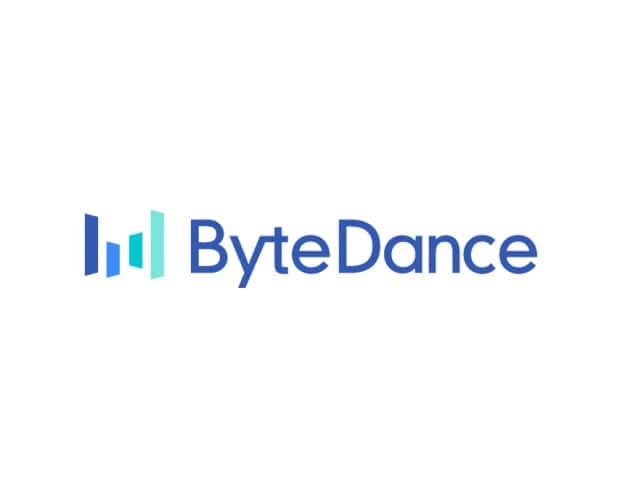Spotify will release a version of its music streaming app on the Magic Leap augmented reality headset. The app will show its interface around you in the world, and can change playlists based on. + Technology SA logo in this arranged photograph in London, U.K., on Tuesday, June 26, 2018. Spotify Technology SA hired Dawn Ostroff as its chief content officer, tapping a Conde Nast.
First Spotify App To Attract Major Funding Logos
The following excerpt is from and ’s book Simplify. Buy it now from Amazon | Barnes & Noble | iTunes
Proposition-simplifying can make life easier and more pleasant for consumers, and it can make a fortune for the simplifier. Perhaps the value of simplifying and how to do it are only just starting to be fully understood. Perhaps, also, the internet and associated technologies are making it easier to simplify and transform a market almost overnight.
Let’s take a look at an instance of proposition-simplifying that now seems so obvious that we wonder why it didn’t happen years earlier.

Related: 5 Bad Reasons Managers Don't Simplify
A few years ago, you were probably still fumbling around with CDs (and their cracked cases), feeling very modern by paying iTunes 99 cents for every song you wanted to hear on your first-generation iPod, or being very naughty and downloading tracks for free from a shadowy peer-to-peer file-sharing service that never paid the artists a penny. It would have been an outrageous idea to think that you might be able to get access to most of the in the world.
Now, though, sixty million people can make that claim, courtesy of : Three-quarters of them use the service for free and put up with annoying advertisements between the music, while the other quarter pay $10 per month for an unfettered, all-you-can-hear experience. The latter group are also able to save playlists to listen to offline.
First Spotify App To Attract Major Funding Logo Images

Spotify is another profound consumer proposition-simplifier, and it displays some of the familiar characteristics of most proposition-simplifiers. Judging from our own experiences with the service, it almost certainly increases our consumption of music, and perhaps how much we are prepared to pay for music over a lifetime, even though it’s completely free for most of its users. It has also grown in a highly viral way, just like the early , because the proposition is so strong and even more social than the driving service -- users share their playlists with friends and can follow other users’s playlists and favorite artists.
In two respects, however, Spotify is radically different from Uber. First, it was extremely hard to develop the service and then launch it. But second, having cleared those initial hurdles, Spotify became global almost effortlessly.
Related: How Uber Used a Simplified Business Model to Disrupt the Taxi Industry
The value chain that Uber attacked was weak, fragmented, poorly organized and largely indefensible. Spotify, by contrast, had to co-opt the concentrated, legally fortified and calcified grip that four major record labels had on the entire . Because this was so difficult to execute, requiring enormous upfront investment, and because it was not something that could be imitated with a million dollars and a few talented developers, the Spotify story developed in a very different way from Uber’s. When you look at Spotify’s competitive environment, there are many competitors, but very few of them are serious ( being a notable exception) or able to attract major funding.
The difficulty of imitation seems to have given Spotify, which now boasts over twenty million licensed tracks, a wide lead over any rival. It’s not just about discovery, as in the case of competitors such as . On Spotify, users can listen to any artist or any song they want. Its largest rival is the French company Deezer, which operates in 180 countries (Spotify is in only 58), but Deezer has only sixteen million users, with only six million of them paying customers.
Despite its initial difficulties and large monetary investment, Spotify is a prime example of a proposition simplifier that took over a major market.